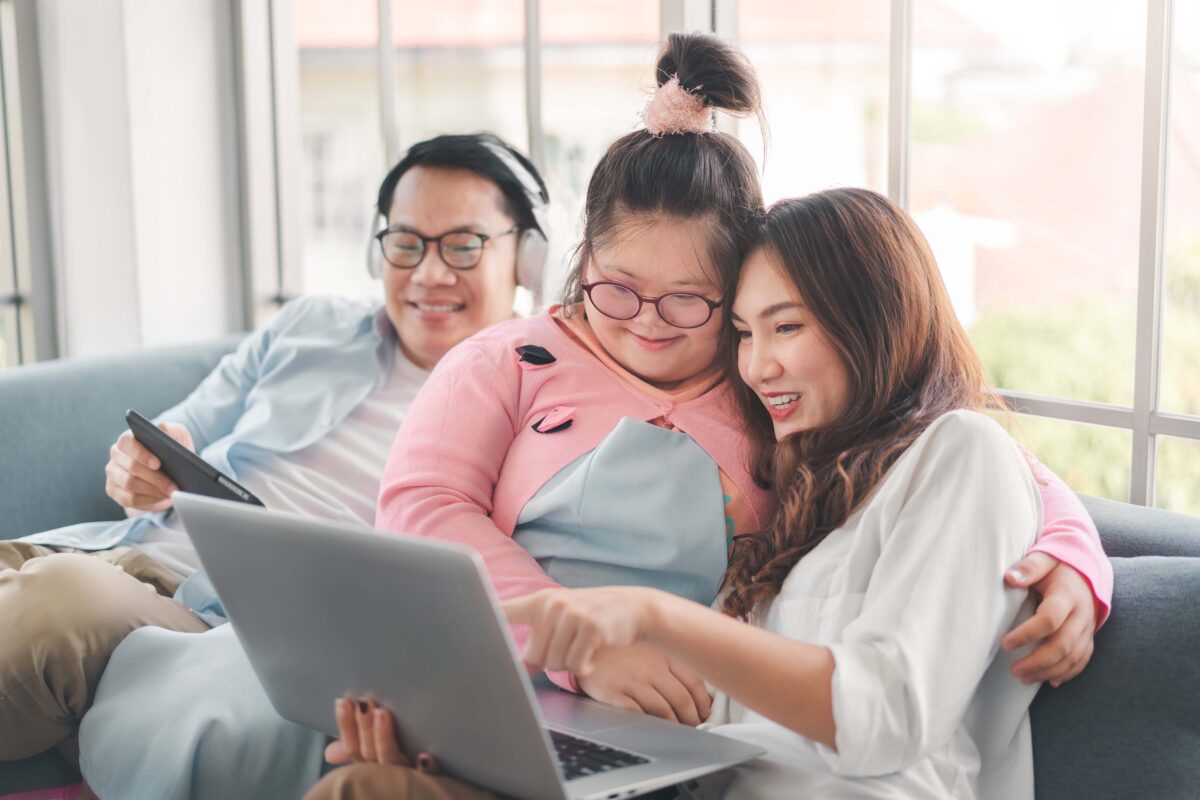When families are engaged in the policymaking process, outcomes for children improve because programs are adjusted to better serve their actual needs.
Family members play a critically important and unique role in their child’s health care, especially if their child has special needs. Additionally, family members have enormous insight and expertise in navigating the often-complicated systems and programs that serve children. However, there are far too few opportunities for families and youth themselves to engage in policymaking, and those that are available are difficult for families to find out about and access.
In order to better understand meaningful youth and family engagement in state policymaking, Assemblymember Eloise Gómez Reyes requested that California’s non-partisan Legislative Analyst’s Office (LAO) conduct an inquiry. The LAO’s findings are summarized in a report that also provides recommendations for the California State Legislature to consider in order to maximize input from youth and families.
Key findings from the report include:
- State entities use various forums beyond statutory requirements to collect feedback from families, including surveys, focus groups, town hall meetings, and one-on-one meetings.
- While advisory bodies can be a useful tool for departments, assessing the direct impact on policy decisions is difficult.
- There are varying levels of engagement from families in advisory bodies, due to barriers to full participation such as not having specific technical expertise, travel to attend meetings, time commitment in addition to other jobs, and a lack of financial or other support to participate.
- The shift to a virtual meeting format, as a result of the COVID-19 pandemic, increased participation.
There are many opportunities to get involved in policymaking at the local, county, and state level! Please read the LAO report to learn more and for examples of state advisory bodies that welcome family involvement

